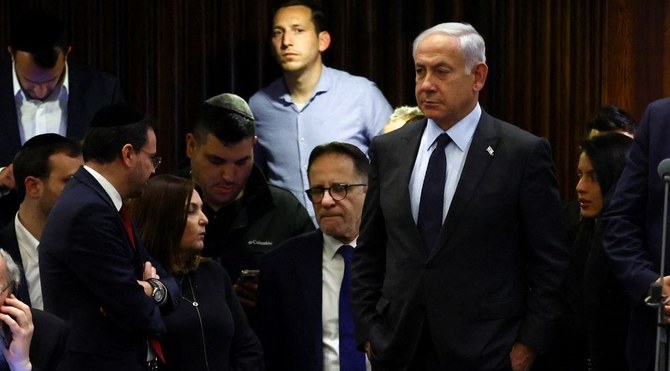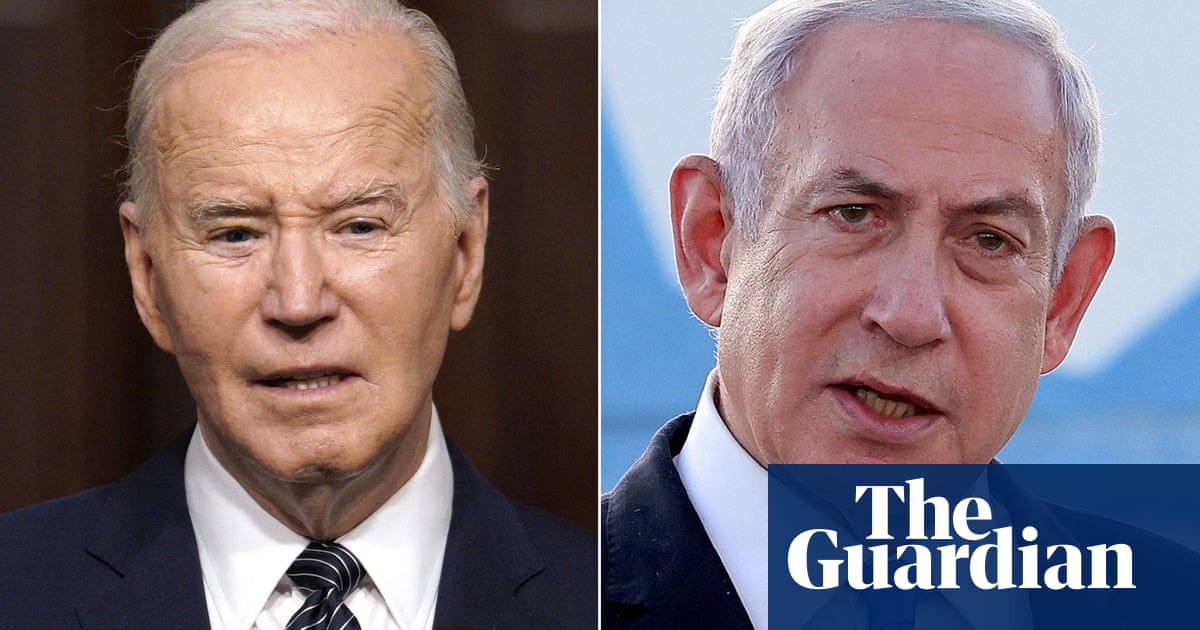
Over the last week, the Jewish population in Israel observed Passover, a week-long celebration of liberation from a tyrant leader and slavery, when most take time off to enjoy early spring and travel across the country visiting its beauty spots. Notably missing from those taking a break from work, however, were Israel’s politicians, who were digesting the results of the previous week’s election. The political beehive has been buzzing with activity in an effort to translate another indecisive outcome into something that is capable of ending two years of protracted political deadlock.
On the one hand, the country desperately needs to avoid a fifth election in quick succession, as these serial votes are a major source of divisiveness and render good and effective governance impossible. On the other, the results from the recent election have not produced any obvious path to a coalition, so by nature any new government would be an interim measure until either a fresh election is held or another coalition is formed.
There is an obvious bottleneck in the Israeli political system, and it has the name Netanyahu written all over it. The distribution of seats in the new Knesset suggests that Prime Minister Benjamin Netanyahu does not have — at least on the face of it — enough support to form the next government. However, his opponents are still far from agreeing to join forces, or on deciding who will lead those forces, while the No. 1 item on their agenda is to replace Netanyahu and unblock the political bottleneck. Assuming that this is possible, it still doesn’t guarantee stability in the sense of a government that can last a full term, but it opens up a number of possibilities that, by the next election, might mean a more conclusive outcome.
When Israeli President Reuven Rivlin received the election results from the chair of the election committee, his response was telling. The president’s role in Israel is, for the most part, a ceremonial one. However, only three months before Rivlin completes his seven-year term and retires, he has found himself in the eye of the political storm — and with considerable ability to influence it. Rivlin is a veteran of Israeli politics, old-school Likud, and his exasperation at the current stalemate and its damaging consequences for the country is clear to see. In the twilight of his political life, he is the one who nominates the MK who will have first crack at forming a government.
On Tuesday, the president agreed to give Netanyahu that opportunity, but he noted that he was only doing so reluctantly in light of the prime minister’s ongoing corruption trial. “This is not an easy decision on a moral and ethical basis,” Rivlin said. “And I fear for my country. But I am doing what is required of me as president of the state of Israel, according to the law and to the ruling of the court, and realizing the will of the sovereign — the Israeli people.”
Moreover, Rivlin previously said that the next government should be one that will “heal the divides between us and heal Israeli society,” and will “pass a budget and extricate the state institutions from the political paralysis.” For this, he called on politicians to heed the Israeli people’s “demand for unconventional connections and cooperation across different sectors of society.” Reading between the lines, knowing that Netanyahu is seen as a major source of the current divisions in Israeli society and the one who blocked the budget bill for so long, it was as far as the president could go without openly calling on the “anti-Bibi” forces to unite.
The president’s exasperation at the current stalemate and its damaging consequences for the country is clear to see.
Yossi Mekelberg
It is this notion of unconventional cooperation that poses the main challenge. Bearing in mind that none of the parties opposing Netanyahu has more than the 17 MKs of the centrist Yesh Atid, and the rest have less than half that number, the obvious person for them to recommend forming a government is Yesh Atid leader Yair Lapid. However, in Israeli politics, what seems to be the obvious option is not necessarily the one that is chosen, at least as the posturing within both blocs continues and those who have not pledged their support to a specific candidate are either working to improve their own chances of receiving the nomination or to extract concessions from a potential leader. This most recent election has produced a number of kingmakers, but no clear choice of king to enthrone. So far, neither Lapid nor Netanyahu have the support of 61 MKs, and hence a third option might emerge.
For Netanyahu personally, the idea of a rival for his job is unimaginable and intolerable. He does not believe there is anyone who matches up to him. Even more poignantly, if he should vacate the prime minister’s office, all his efforts to halt, avert and derail his corruption trial would come to an abrupt stop, with dire consequences for him. This would, however, prompt a sigh of relief from those who would like to see the restoration of the rule of law, government accountability and trust in the political system.
One silver lining to Netanyahu’s dark desperation to gather support from whatever source he can is that he is ready, for the first time, to depend on the support of Ra’am, an Arab Islamist party. By this, he has opened the way for others to cooperate with the Arab parties that represent the Palestinian citizens of Israel. In the sad reality of Israeli politics, where a government supported by the representatives of its Palestinian citizens has always been delegitimized, especially by the current prime minister, his desperation may at last usher in a new era of normalizing the participation of Palestinians in the governing bodies of the country.
Now that Rivlin has named Netanyahu as the person who will get the first chance to form a government, will we see those in the “anyone but Bibi” camp put their competing egos on hold in order to achieve their ultimate goal of ending the Netanyahu era? Or will the master survivor and manipulator of Israeli politics be able to maintain his hold on the country’s politics and society?
• Yossi Mekelberg is professor of international relations and an associate fellow of the MENA Program at Chatham House. He is a regular contributor to the international written and electronic media. Twitter: @YMekelberg
Disclaimer: Views expressed by writers in this section are their own and do not necessarily reflect Arab News" point-of-view












